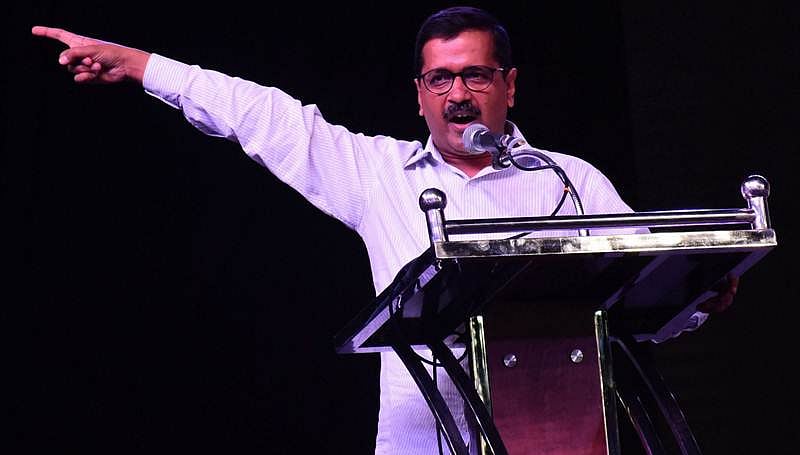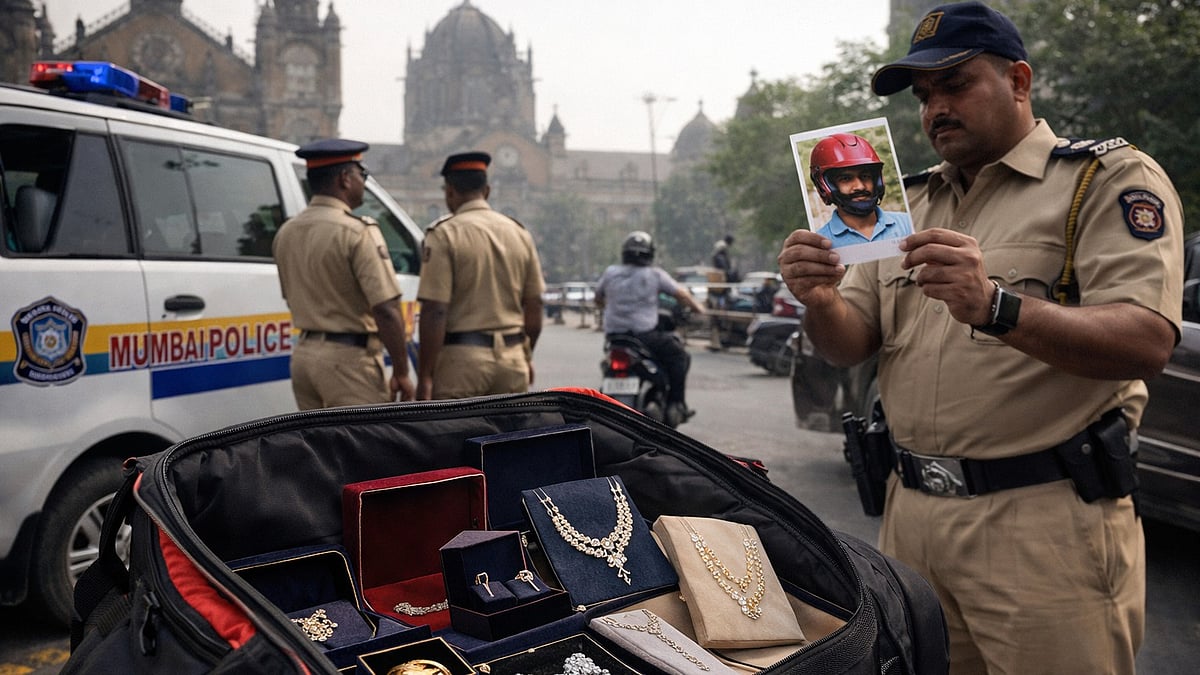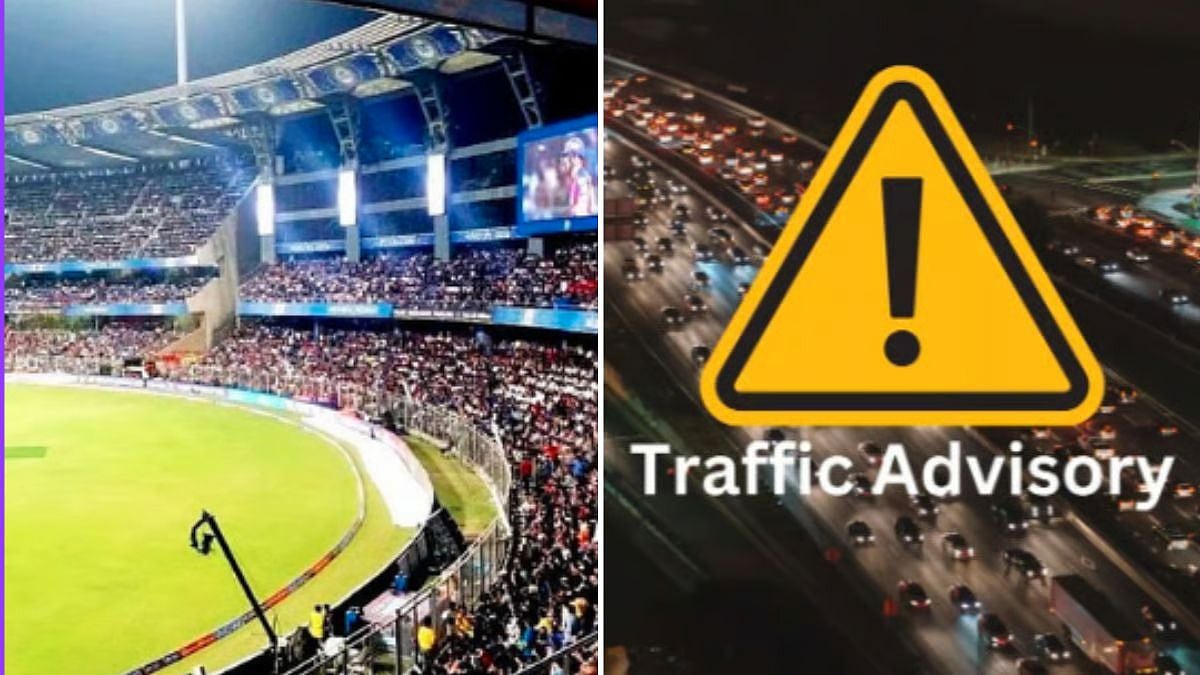Delhi is one of the smallest states of the Indian Union, perhaps smaller than many small states like Haryana, Jharkhand, Uttaranchal or Chhattisgarh. However, this capital state keeps hitting national media headlines, perhaps because it happens to be the city that happens to be the seat of the Union Government, and secondly, because it is run by one of the most vocal politicians, Arvind Kejriwal. The founder-president of the ruling Aam Aadmi Party (AAP), Kejriwal leaves no opportunity to be in news. Recently, he won yet another opportunity to return in the media focus. This time the Supreme Court in his observations, made a few comments about the role of the Lieutenant Governor of the Territory and his interactions with the state government. Based on this judgement, Kejriwal made a hue and cry all over the country and showed as if the judiciary had chopped the Lt Governor’s wings and had his government emerged the victor. National media also provided a huge coverage to Kejriwal’s claims.
However, the fact remains that the apex court has not categorically ruled in favour of one or the other, telling both that they must act within the parameters outlined for them by the Constitution’s Article 239AA, which defines the limitations of the powers of the L-G and the elected government of the city-state. Kejriwal seems delighted with the judgment as it has circumscribed the L-G’s authority to hold back files and policy decisions of the elected government except in the three domains earmarked for the L-G, namely land, police, and law and order. The reported obstruction by the L-G of certain policy decisions of the AAP Government was the root of the stand-off between them. While the Supreme Court has clarified that the Lt Governor has no right to unreasonably withhold cabinet decisions, the judges have simultaneously ruled out Kejriwal’s persistent demand for granting full statehood to Delhi.
The confusion
Actually, the apex court has only reiterated the existing norm that an elected government is the principal authority in a state administration. The confusion arises because Delhi is a state and yet not a state. It has an elected legislature in which the party commanding a majority forms a government, but its powers are restricted because the National Capital Territory is a union territory in which the writ of the centre (and therefore that of the Union Ministry of Home Affairs) is final, executed through the L-G.
Over years, the Centre has complicated matters by creating different categories of UTs. However, barring UTs like Puducherry, in most UTs, no major political conflicts have arisen so far. Kejriwal is gifted with a remarkable ability for drama and indulges in the most unconventional tactics. Within weeks of becoming Chief Minister, he sat on dharna in a tent outside Rail Bhawan on the eve of Republic Day, giving anxious moments to the Armed Forces waiting to commence rehearsals on Raj Path. On that occasion, the issue of transferring two police constables was relatively minor. This time, the chief minister and some of his colleagues entered the L-G’s official residence and made his visitors’ room their dharna venue for a prolonged nine days in an attempt to tame recalcitrant bureaucrats to fall in line and cooperate with ministers.
Kejriwal’s actions may appear outrageous to those who believe in strictly adhering to constitutional propriety, Kejriwal’s own supporters are rarely disheartened by experts’ comments or media critics. He also has an uncanny ability to generate a crisis almost out of thin air. As a former IRS officer, he has enough knowledge of the constitution to know that he cannot assume the same powers as a chief minister of a full-fledged state, say Maharashtra, UP or Tamilnadu, as long as Delhi is a union territory.
He must also be aware that the present dispensation at the centre is in no mood to concede statehood to the NCT of Delhi for a host of reasons including the BJP’s political differences with the AAP. So both the chief minister and the L-G of Delhi have to reconcile to working harmoniously as directed by the top court. How long this forced, uneasy truce will last is anybody’s guess. The chief minister is certain to keep pushing the envelope in the bid to highlight the issue of full statehood. He is also likely to plan another set of agitations to mobilise public opinion for this demand, especially, as other political issues are not visible on the horizon.
In order to garner support keeping the 2019 elections in mind, the chief minister is further likely to force another confrontation with the L-G, this time with the Narendra Modi Government as his principal target. Kejriwal knows that the next assembly elections will not be a cakewalk for him. Despite performing well in terms of providing health, education, water and electricity supplies, AAP will face a reinvigorated BJP which was reduced to just three seats in the Delhi Assembly last time. But then, in the Lok Sabha polls, BJP riding high on the Modi wave swept all seven parliamentary seats in the capital.
To galvanise sympathy
With the Modi-Amit Shah duo determined to wrest maximum seats across the country, Kejriwal has to heighten confrontation with the centre in order to galvanise sympathy. In the absence of emotive issues at present, statehood is the only option before the AAP. However, its efficacy is not known. Kejriwal will have to demonstrate to the voters the tangible gains from statehood, especially as the city will face a serious funds crunch if the centre withdraws its financial cover.
In other words, Kejriwal may have exulted in his “victory” rather prematurely. In the foreseeable future, the on-going deadlock between the chief minister’s residence and Raj Bhawan may continue as long as two politically antagonistic parties retain power in the state and the centre respectively. The moot question is, will the Delhites continue to endorse Kejriwal’s relentless and endless quarrel with the Narendra Modi Government? If yes, how long?
The writer is a political analyst and former Member of Parliament (RS)




